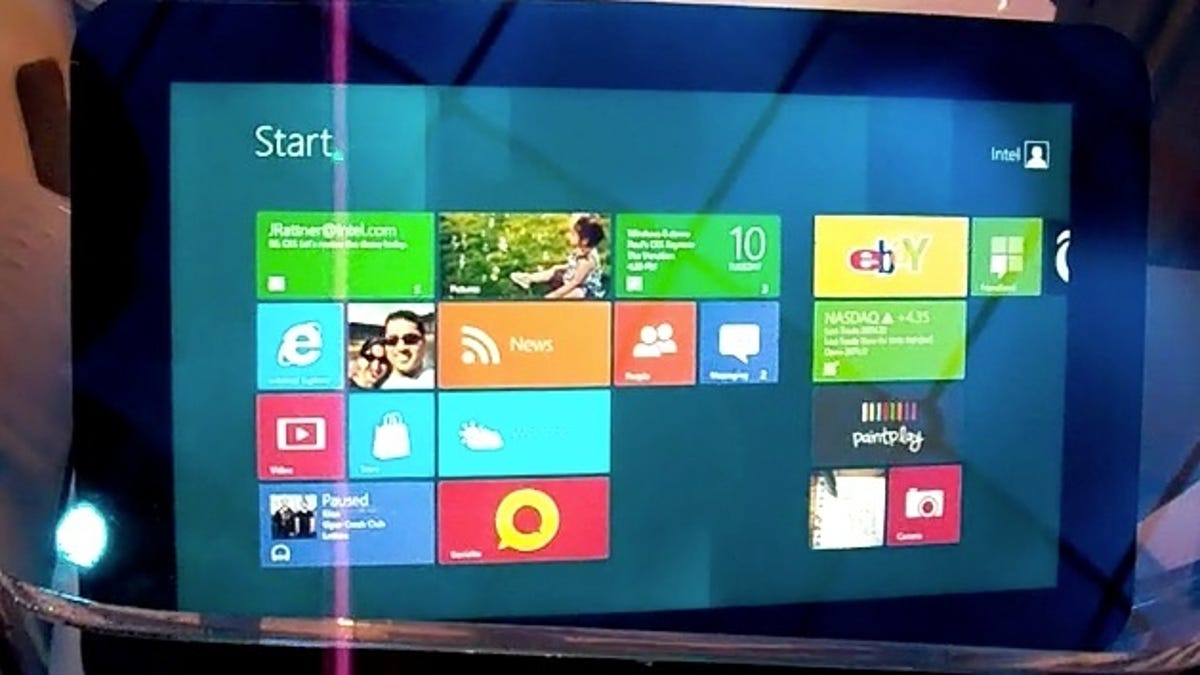Hey Intel, lower chip prices for Windows 8 stuff, says Asia pub
Intel and Advanced Micro Devices need to drop prices on their power-efficient chips to compete with ARM processor suppliers in the Windows 8 device market, says Asia-based publication.

Asia-based DigiTimes posted another in a series of articles that call for Intel to lower its chips prices. In this case, for Windows 8 gadgets.
This isn't the first time DigiTimes, which has close connections to Asia-based device makers, has expressed the sentiment of Taiwan's manufacturers (aka, OEMs and ODMs). It has been a recurring theme with ultrabooks. Device makers obviously want lower prices so they can turn more of a profit.
This time, the publication is calling for Intel and Advanced Micro Devices to lower prices of their most power-efficient processors that will go into, among other devices, Windows 8 tablets and laptops. This is necessary--so Digitimes claims--to compete with chips based on the ARM design. Suppliers of ARM chips for Windows 8 tablets will include Texas Instruments, Qualcomm, Nvidia, and Freescale.
"While Intel and AMD have been making efforts to develop low power processors for use in smartphones and tablet PCs, they cannot compete with solutions from ARM in terms of price, according to notebook makers," the publication said.
So, which Intel chips is DigiTimes referring to exactly? Well, let's review Intel's offerings in the smartphone and tablet markets.
Intel's newest Atom processor dubbed "Medfield" is slated for Lenovo and Motorola smartphones. And later this year, Intel will be pushing its dual-core-capable "Clover Trail" Atom processor for Windows 8 tablets. And after that, in 2013, it will be a completely redesigned Atom chip called Silvermont. And there will also be a more power-hungry (and higher performance) mainstream chip called Haswell in 2013.
Pricing of these chips, among others, is too high to compete with ARM-based designs, DigiTimes is claiming (which, again, is expressing the sentiment of Taiwan device makers).
And the publication cites AMD as overpriced, too. That U.S.-based chip supplier is readying a chip called "Hondo" for Windows 8 tablets. After that will come an even more power-efficient chip dubbed "Temash."
The problem is pricing for many of these chips is not public so it's not clear how much, if any, of a price gap there is between an Intel Clover Trail chip, for instance, and a comparable ARM chip from Texas Instruments.
And how serious a problem this is for Intel is not clear, either. Intel has more than a few Windows 8 tablet customers already, according to a source familiar with the chipmaker's plans. "[Intel has] already secured dozens of Win8 tablet and hybrid design wins," according to the source.

